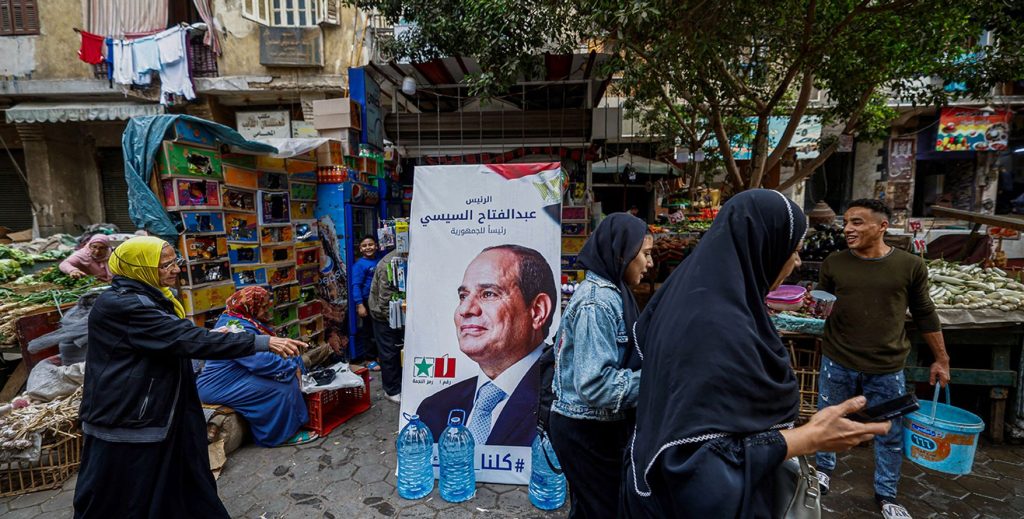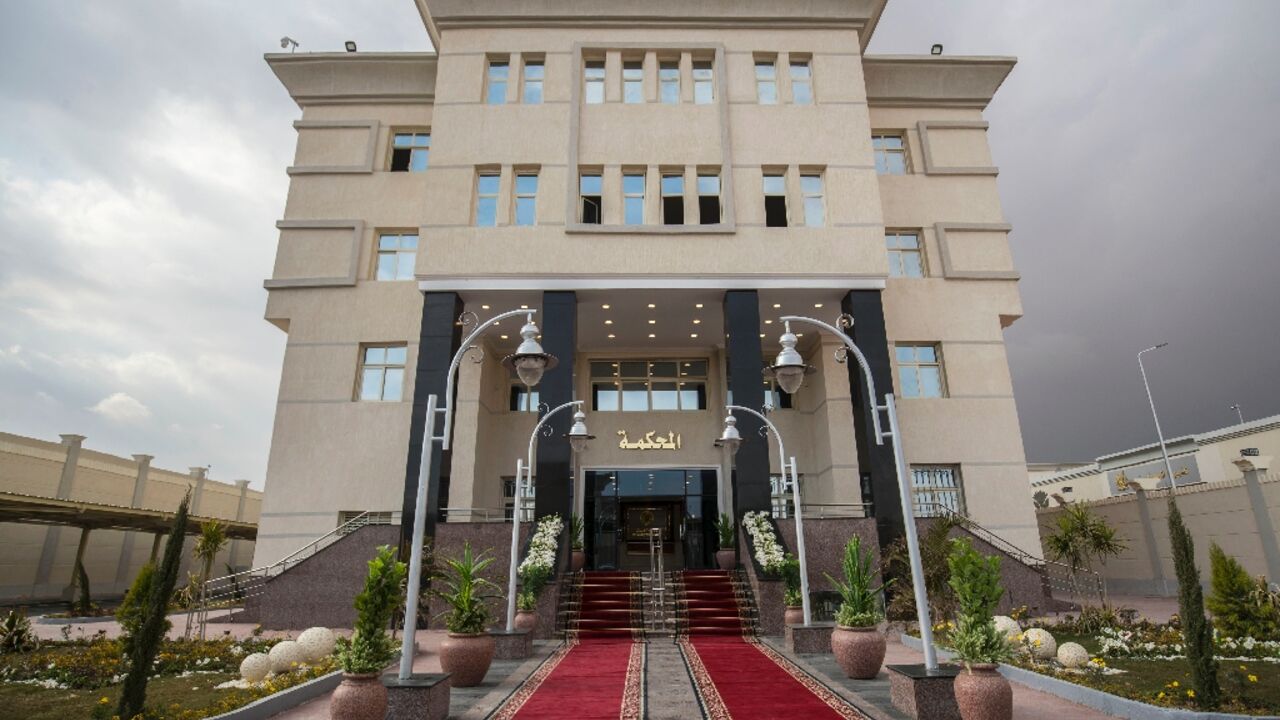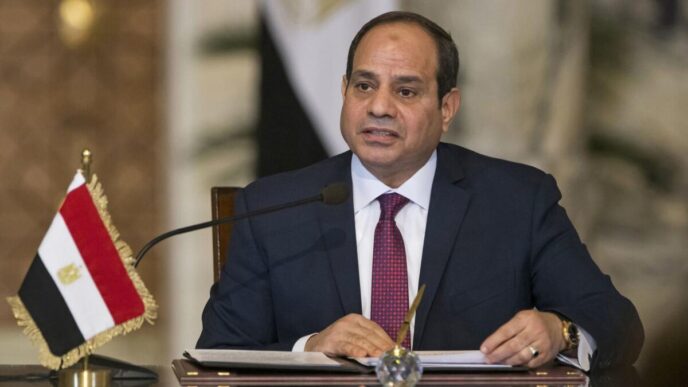Egypt is preparing to introduce major changes to its criminal justice system through a new law, but human rights groups have raised alarm that the legislation could legitimise longstanding violations such as arbitrary arrests, travel restrictions, and rushed court proceedings.
The bill, which awaits the signature of President Abdel Fattah al-Sisi, has been described by government officials as a reform aimed at improving the efficiency of legal procedures, from arrest through to trial. Foreign Minister Badr Abdelatty told the UN Human Rights Council that the law represents a “legislative revolution” in Egypt’s approach to criminal justice.
Ihab al-Tamawy, who heads the parliamentary committee behind the draft, claimed it introduces new protections relating to Egypt’s controversial pretrial detention practices and the powers of public prosecutors.
However, critics argue the proposed law could entrench repressive methods that have already damaged the country’s judicial credibility. According to legal experts and rights organisations, the draft expands the authority of police and prosecutors while restricting the role of defence lawyers, raising significant concerns about judicial independence and the right to a fair trial.
One contentious clause would allow prosecutors to impose travel bans without a court order in “urgent cases”. Another provision permits police to enter homes without a warrant under vague circumstances described as “distress” or “danger”, which campaigners say leaves room for abuse.

In April, UN High Commissioner for Human Rights Volker Turk urged caution, calling on President Sisi to ensure the law complies with Egypt’s international human rights commitments before it is enacted.
Egypt ranks near the bottom of the World Justice Project’s Rule of Law Index, placing 135th out of 142 countries. During a UN human rights review earlier this year, the country faced strong criticism over widespread abuses, including torture, enforced disappearances and denial of due process.
Human rights lawyer Khaled Ali, who submitted 176 proposed amendments to the draft along with a group of independent lawyers, criticised the law for failing to curb corruption and weakening the role of the defence. None of the suggested changes were adopted.
Amnesty International researcher Mahmoud Shalaby warned that the law effectively grants legal cover to repressive practices that were previously carried out without a formal basis. Karim Ennarah, research director at the Egyptian Initiative for Personal Rights (EIPR), echoed these concerns, stating that the reforms will negatively affect investigations and defendants, while further diminishing the role of lawyers.
Among the most controversial aspects is the expansion of remote trials, where large groups of detainees appear via video link from prison. According to Ennarah, these hearings strip defendants of their basic rights — including private consultation with lawyers and face-to-face appearances before a judge who can assess their physical condition.
Although the legislation shortens the maximum period of pretrial detention from 24 to 18 months, critics say it offers no meaningful protection against the misuse of pretrial detention, which remains widespread.
Shalaby highlighted the continued use of the so-called “recycling” tactic, where detainees are recharged with new offences just as their initial remand period ends, effectively restarting their detention without trial. He also warned that under the new law, citizens will lose the right to sue over mistreatment during arrest or detention.
In a recent report, EIPR recorded ten deaths linked to torture in detention facilities in 2024. Rights groups have consistently documented poor conditions in Egyptian prisons, including medical neglect, abuse and overcrowding.


 Trending
Trending 


